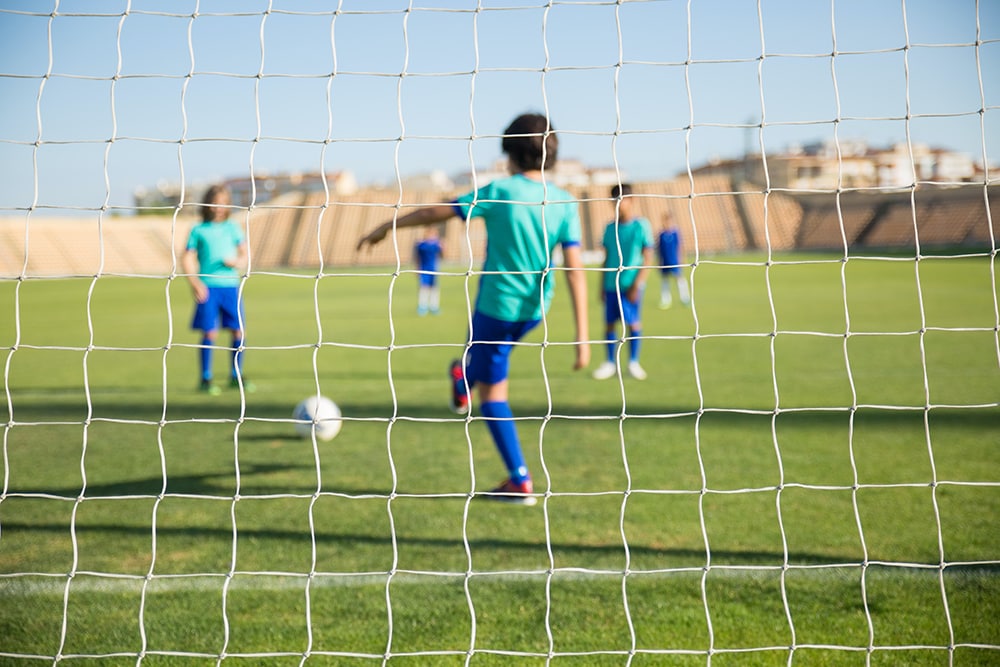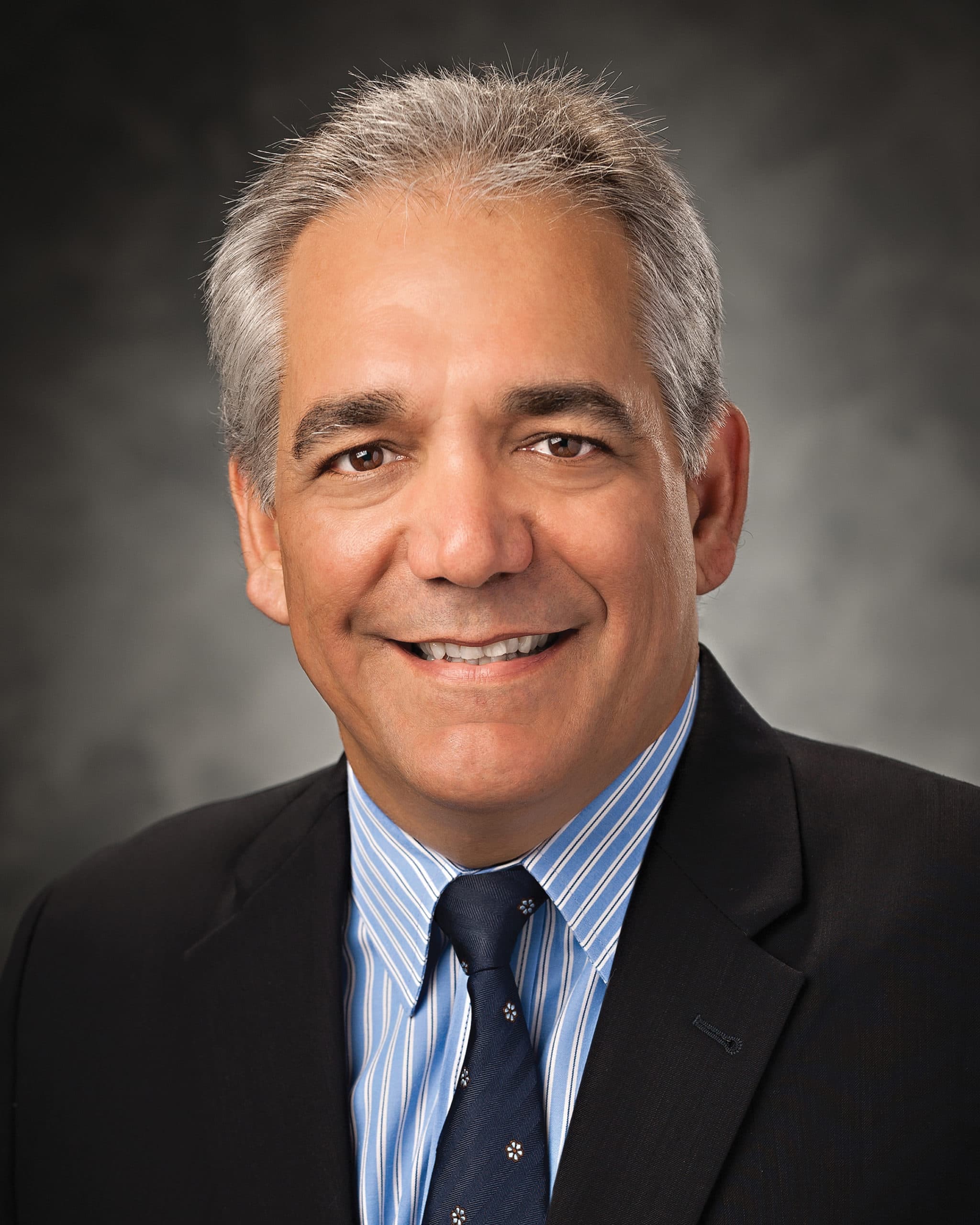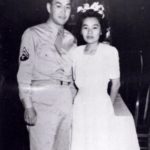Motivating and inspiring others — whether through sports, career development, leading organizations, or volunteer work in our community — is something I truly enjoy. Whether speaking in front of thousands while giving a keynote commencement address, talking to a few hundred students, or having a one-on-one conversation over coffee, I feel it is important to share my life’s journey of successes and failures with others if it helps them in theirs.
One of my life lessons is to “listen, learn, and observe” and adopt the traits that I like the best from each person and formulate a new approach. This started when I was a kid playing sports and trying to become a better athlete. I would admire players better than I was and ask myself, “How can I be that person?” or “How can I accomplish what he/she did?” The answer always came back to hard work, sacrifice, commitment, and a belief in myself that anything I wanted to accomplish was and still is possible. One of my core beliefs and mottos is, “It’s not about time, but about want. If you want to do something, you will find the time.” I continue to share these lessons with people of all ages because, at its core, it’s the truth. All of this leads to “The Whole Player” philosophy.
I coached kids in sports for more than 25 years, starting after high school, volunteering to assistant coach the San Pedro High School boys’ soccer team. I then spent a couple of years in the early 90s coaching baseball at Bogdanovich Park and AYSO. Then my career kicked in. I got married and began to build a family with my wife, Carolyn. It wasn’t until my sons were old enough to play sports that I got right back into coaching. I saw in kids their ability to perform any game well if taught right and to believe in themselves. For example, while many parents find it cute for six-year-olds to beehive around a soccer ball in AYSO, I was teaching kids to open up, create space, pass the ball to each other, and score. They responded, and it worked. The other was to teach a kid to field a ground ball, catch a fly ball, and give each player a chance to pitch, at least once, during the baseball season. My belief in the ability of kids to improve has always been and continues to be at a high level.
So, as a coach, regardless of the sport I was coaching, I would gather the players during our first practice and have them introduce themselves to each other. Then I would set expectations for them to carry throughout the season. In particular, I would talk to them about “The Whole Player” philosophy. I would say, “The whole player is not just about how you conduct yourself on the field, but off the field as well. It’s about respecting your teachers, doing well in school, and especially listening to your parents. Everything from getting your homework done on time to making sure your bedroom is clean.” The reaction I received from the kids was always the same: big eyes looking back at me and nodding that they understood. Moments like this are priceless.
After a while, parents who had heard “The Whole Player” philosophy would ask me to talk to their child when they were struggling in school and not getting their homework done. I would graciously do it after practice and ask the player what was going on. I kindly reminded them about “The Whole Player,” and they would tell me that they knew and understood. After a while, the parent who asked me to talk to their child told me that the talk worked and thanked me. Today I believe that “The Whole Player” philosophy applies to all of us. From how we conduct ourselves at work or in public (on the field) to how we conduct ourselves at home or on social media (off the field), we must find the whole player in all of us to bridge the societal divide that we can see and feel. spt







Comments